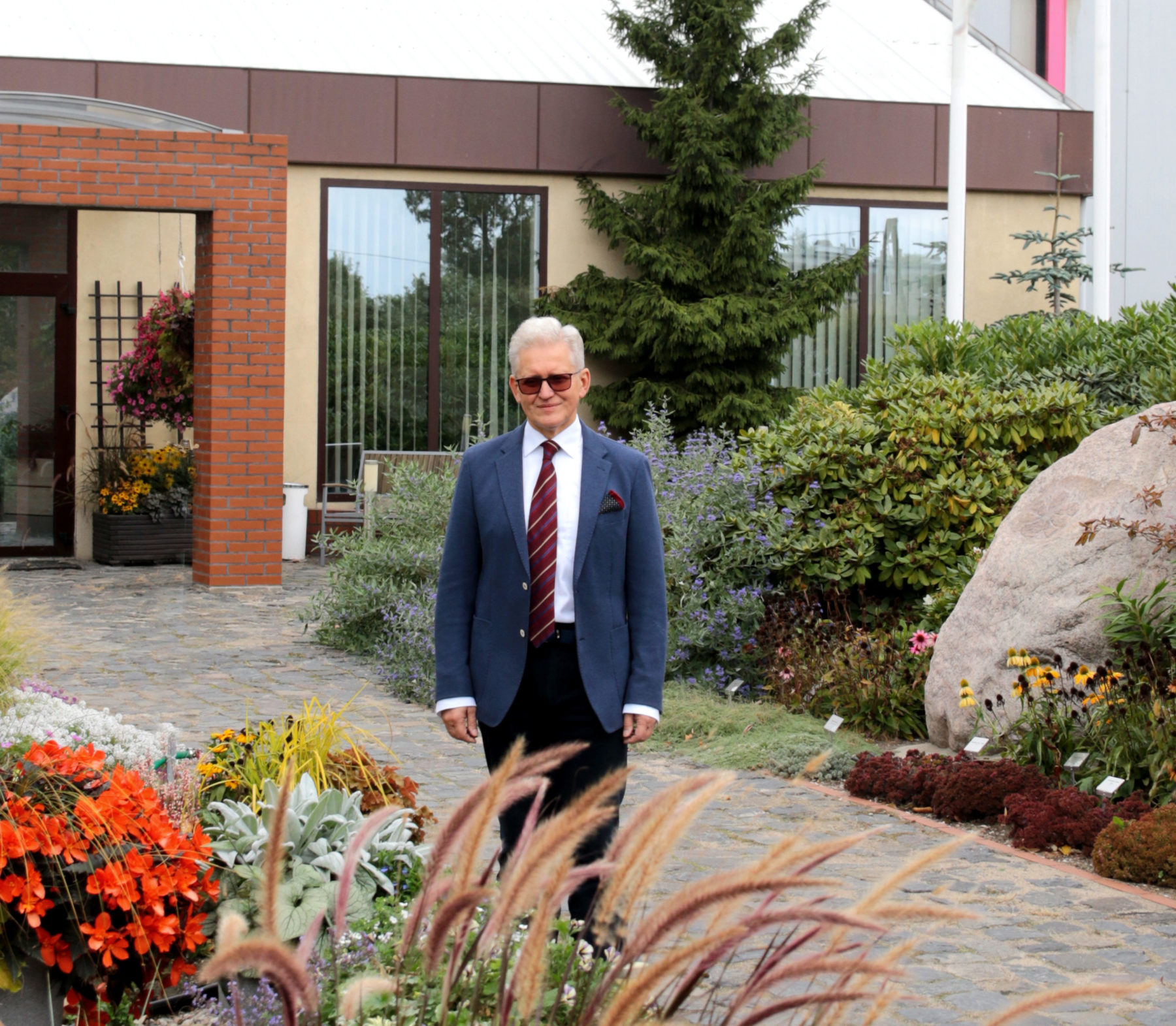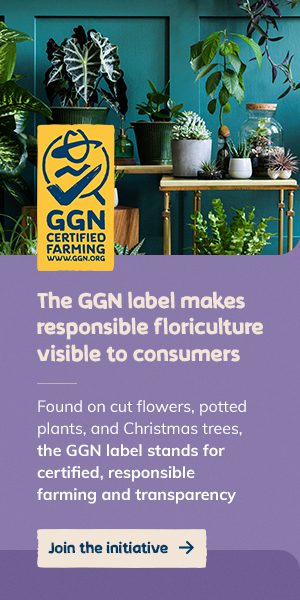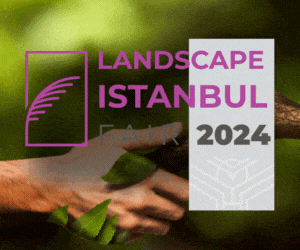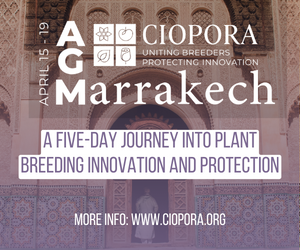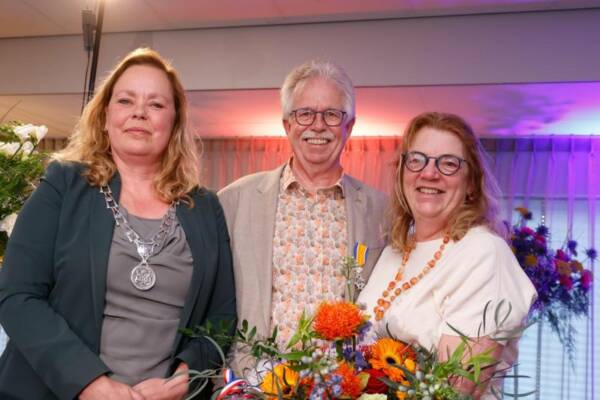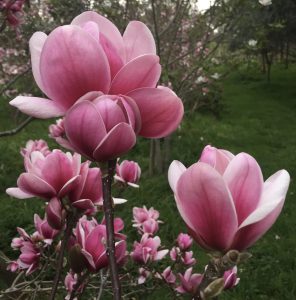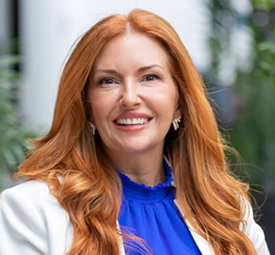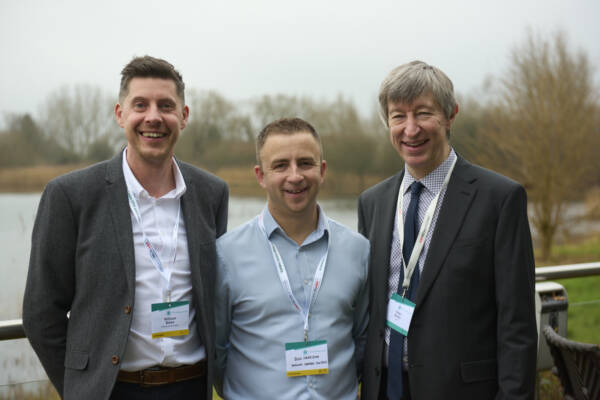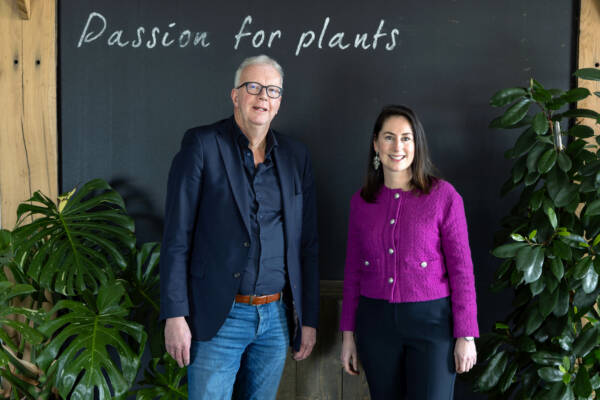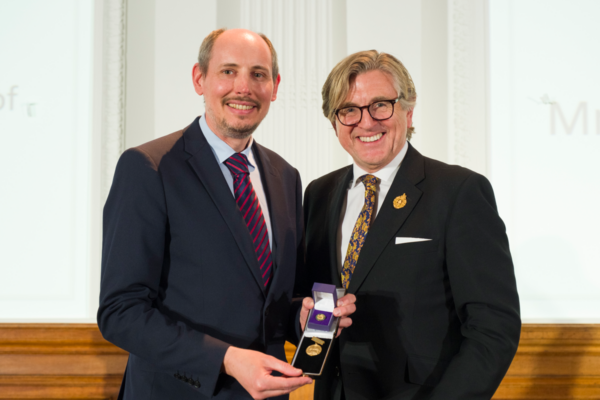Fleuroselect, a major international networking platform for key players in the ornamental plant industry, announced last month that Karol Pawlak has been appointed as President effective January 1st. As the economic spotlight shifts to emerging markets, Pawlak is eager to take the Fleuroselect organisation global and thus prove its members’ potential for expansion and growth. Pawlak said that 2019 is a true milestone year as Fleuroselect is set to celebrate its 50th anniversary.
FloraCulture International: Karol, does the job seem like a natural fit?
Karol Pawlak: “I have been on the Board of Fleuroselect already for 6 years and as a senior member this was a logical step. In the past I have been on the Board of the Polish Horticultural Union, PZO, for seven years and also represented the Polish Union at AIPH. I was also the President of PSA Polish Agricultural Business Council, an organisation which I set up and was affiliated at the Ministry of Agriculture.”
What are you most looking forward to in the next three years as Fleuroselect President?
“We have executed a questionnaire amongst our members and during the next period it will be my task to fulfil their expectations. We are also celebrating Fleuroselect’s 50th anniversary in 2020 which will be a highlight.”
Fleuroselect’s motto is By the members for the members. How do you think the organisation helps its 75 members grow?
“Our organisation promotes networking between companies, promotes their products and also has a role in promoting plants in general. This all contributes to growth.”
Worldwide, the ornamental plant business is consolidating. How difficult is it for the organisation itself to grow?
“We have to look at new areas of opportunity. Take for example pot plant and cut flower companies. This is an area where we can expand.”
What is the biggest challenge you feel Fleuroselect faces and how will you inspire your members to tackle it head-on?
“The biggest challenge is to develop networking. This is what our members are asking us for. In our recent questionnaire this was one of the key areas for Fleuroselect and we want to create the best atmosphere and opportunities.”
How have you seen Fleuroselect change and evolve in recent years?
“In recent years we have increased our promotion. We use all available media, including social media, to reach our audience. Our FleuroStar contest, developed over the last 8-10 years, has become a key industry award with high visibility. We serve our industry with our knowledge and professionalism of the branch.”
Friends call you a pragmatic, straightforward man. What are the differences in policy making in daily horticultural business versus decision making at the industry association level?
“Key matters for the branch are, in the end, also good for business. On the Board we have always had leaders who have been key managers/owners in business.
Is Fleuroselect’s voice strong enough? In other words, what power does Fleuroselect have at the international level?
“We have a strong voice, but it is not strong enough. We are often seen as a European organization. It is one of our goals to become more international.”
Let’s touch on horticultural business versus politics. Do you think governmental assistance is required for the ornamental plants sector to flourish?
“Some of our members think we should be more in contact with government, but we are not a lobbying organisation. From my experience of leading a business in communist Poland we were happy that we did not have a horticultural department in our Ministry of Agriculture. Today the world is different, but there are other organisations that are stronger in lobbying. This is not one of our key objectives.”
How important is it to forge relationships with other industry associations?
“We are an associate member of ISF, the International Seed Federation, and last year we participated in the World Floral Summit. We have friendly contacts with AIPH, CIOPORA and Plantum who regularly contribute their expertise at seminars and conferences which we organise. We visit each other’s meetings and share information.”
Arguably the industry organisation that most closely resembles Fleuroselect is CIOPORA. You are both working in the field of plant breeder’s right, research, promotion and education. What impedes you from joining forces?
“Ciopora is entirely concentrating on a-sexual breeding. At Fleuroselect we embrace both sexual and a-sexual propagation. Our organisations match only in a few aspects. We are happy to solve mutual problems and maintain excellent contacts with CIOPORA.”
What does the accelerated pace of change mean for present-day organisations such as Fleuroselect?
“In the end, business is always done between people and Fleuroselect is a people organisation. We pride ourselves on the excellent contacts between our members. In the ever-increasing pace of change, it is these personal contacts which benefit our members.”
You are known for being a man who demonstrates entrepreneurial spirit. Back in 1977 you were brave enough to take over your father’s business, investing money and intensifying international contacts in the ornamentals sector. What was the greatest risk you took to get where you are today?
“Actually I started a completely a new business. My father only gave me 2 hectares of land. I do not feel I have had to take many risks. I developed my business step by step by carefully following the market trends and investing each year.”
The Pawlaks have deep roots in the agricultural sector, representing the fourth generation of farmers. Looking back over all those years you must have fond memories of the 1980s when the ornamental horticulture industry in Poland was booming thanks to relatively cheap production and strong consumer demand. Can one say that the cut flower Gerbera and tissue culture production have laid a strong foundation for the Vitroflora company?
“Of course horticultural business under the communist regime was different. Ratio of cost to profit was better. Being a farmer or horticulturalist was tolerated. My master’s thesis was written on Gerbera and during my first years of business I started producing Gerbera young plants. Later on due to changing circumstances including high import taxes for mother plants I started tissue culture. This is still a large and important part of our business.”
You started out in 1977. After 41 years and many acquisitions later, both at home (minor share in the main competitor’s business PlantPol) and abroad (Bulgaria, Ukraine, Thailand and Portugal) and millions of young plants later, how do you envision the future of your company?
“We are very optimistic. We have an excellent portfolio and our sales are growing every year.”
What is Vitroflora’s strategy for the future: product diversification or product specialisation?
“Both. A very important part of our business is in young perennials, especially grasses, but of course you need to be specialized in each species and deliver know-how to your customers.”
Apart from working hard what are other pleasurable things in life for Karol Pawlak? How important is family life?
“My whole family (fourth and fifth generation) works with me in the company and already the sixth generation is showing interest. For us, family life and business go together. But I also have hobbies… I have a large library, I enjoy windsurfing and skiing.”
Could you sum up your philosophy of life in one sentence?
“Where God is on the first place, the rest is on the right place.”























